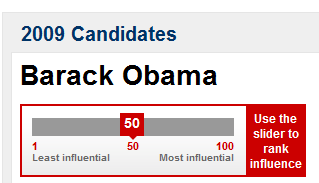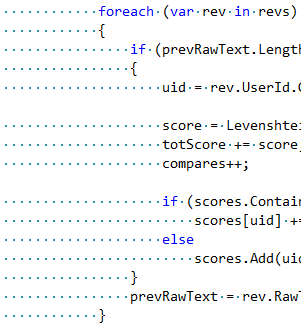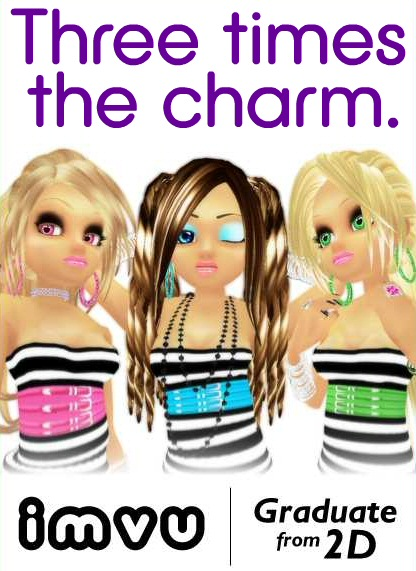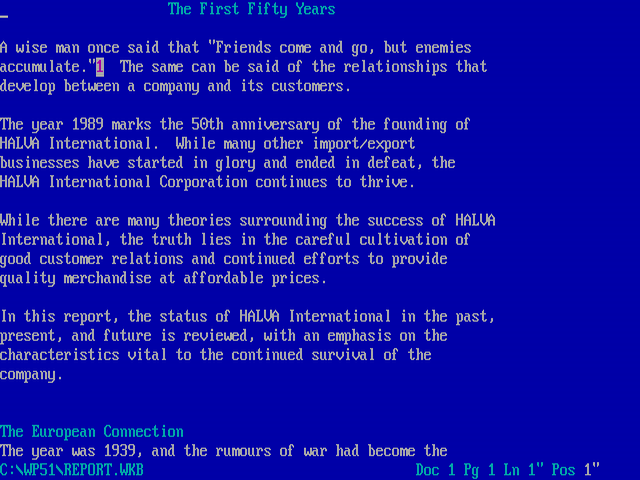
security
How Not to Conduct an Online Poll
Inside the Precision Hack is a great read. It’s all about how the Time Magazine World’s Most Influential People poll was gamed. But the actual hack itself is somewhat less impressive when you start digging into the details. Here’s the voting UI for the Time poll in








